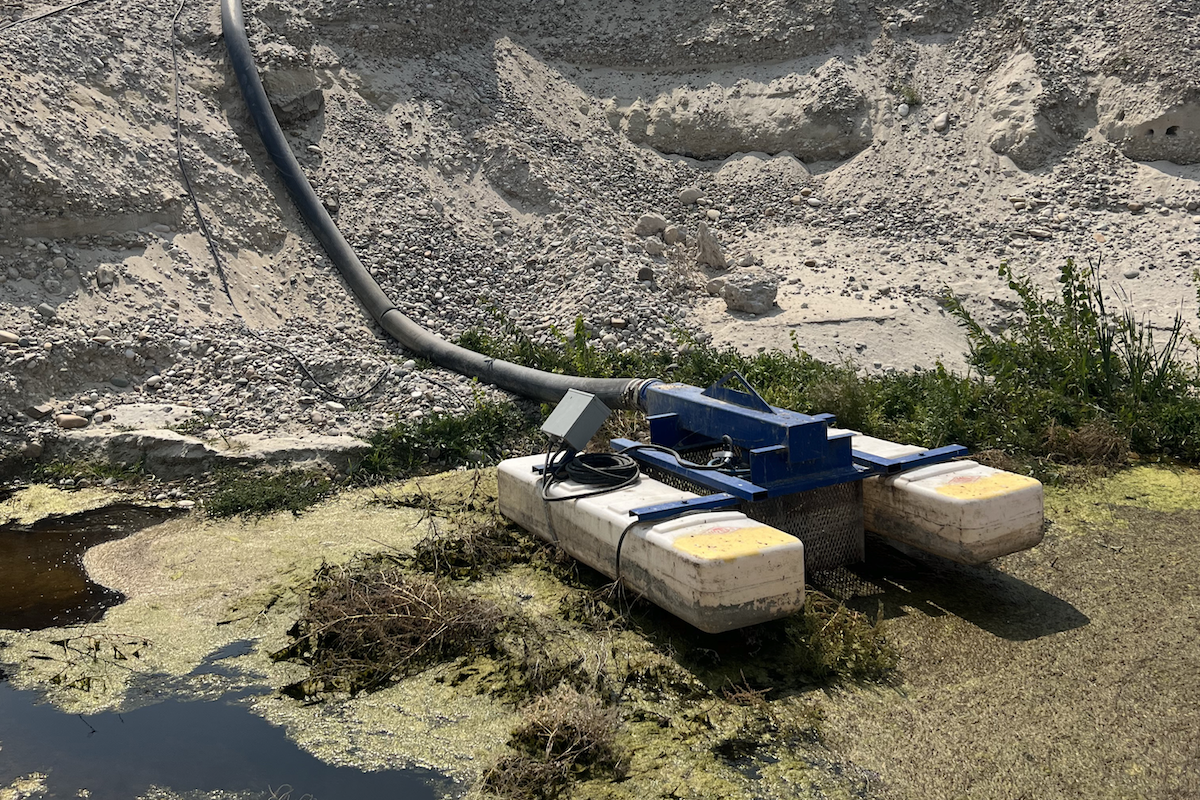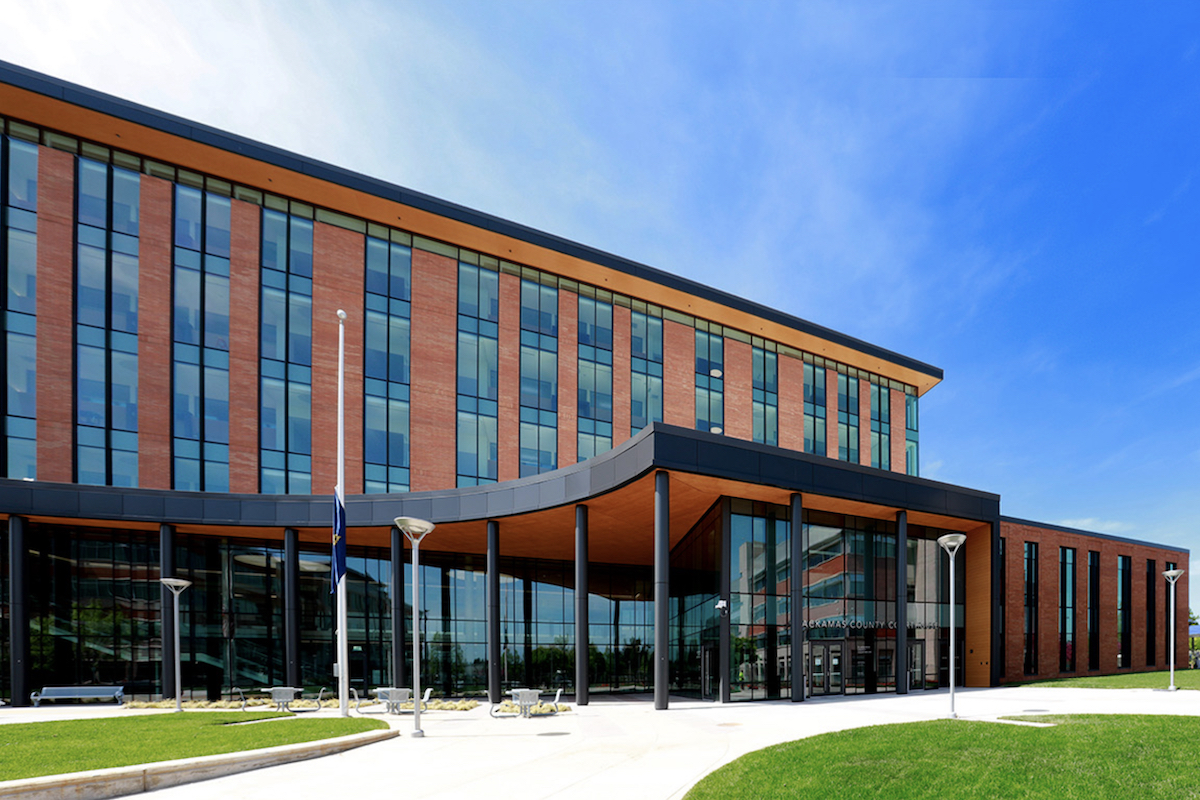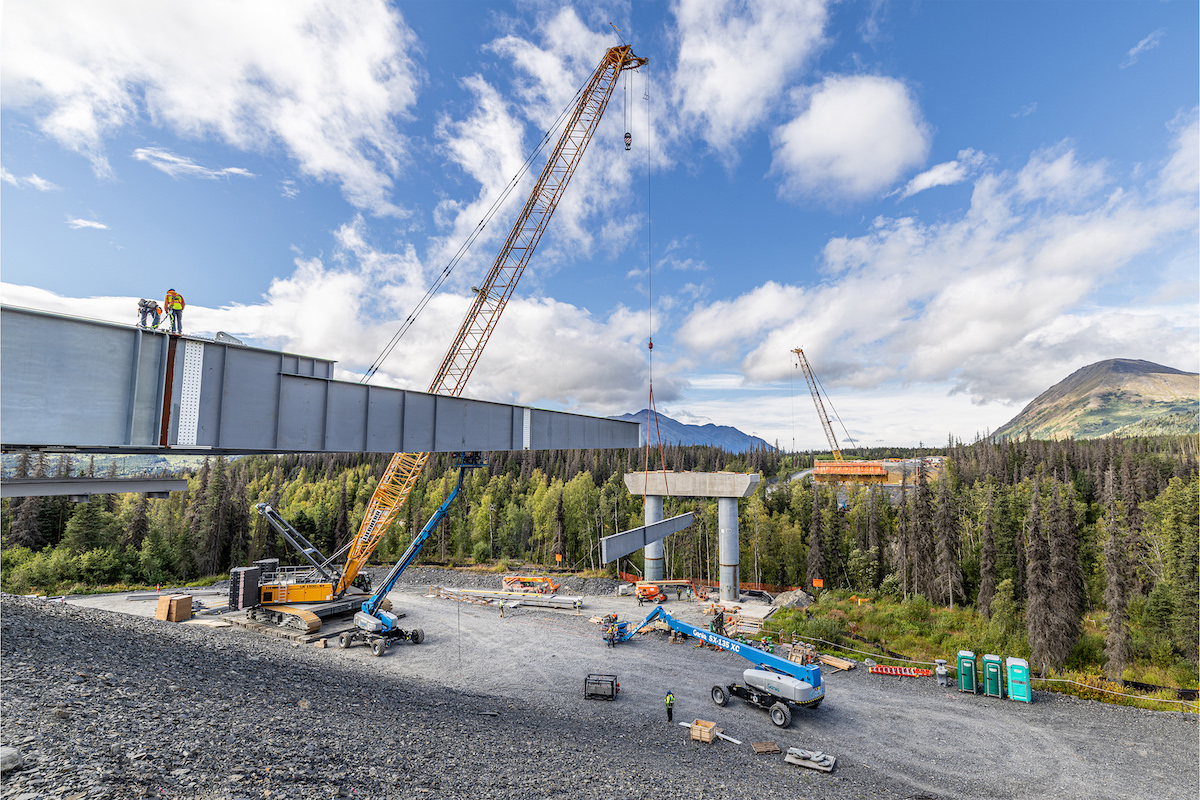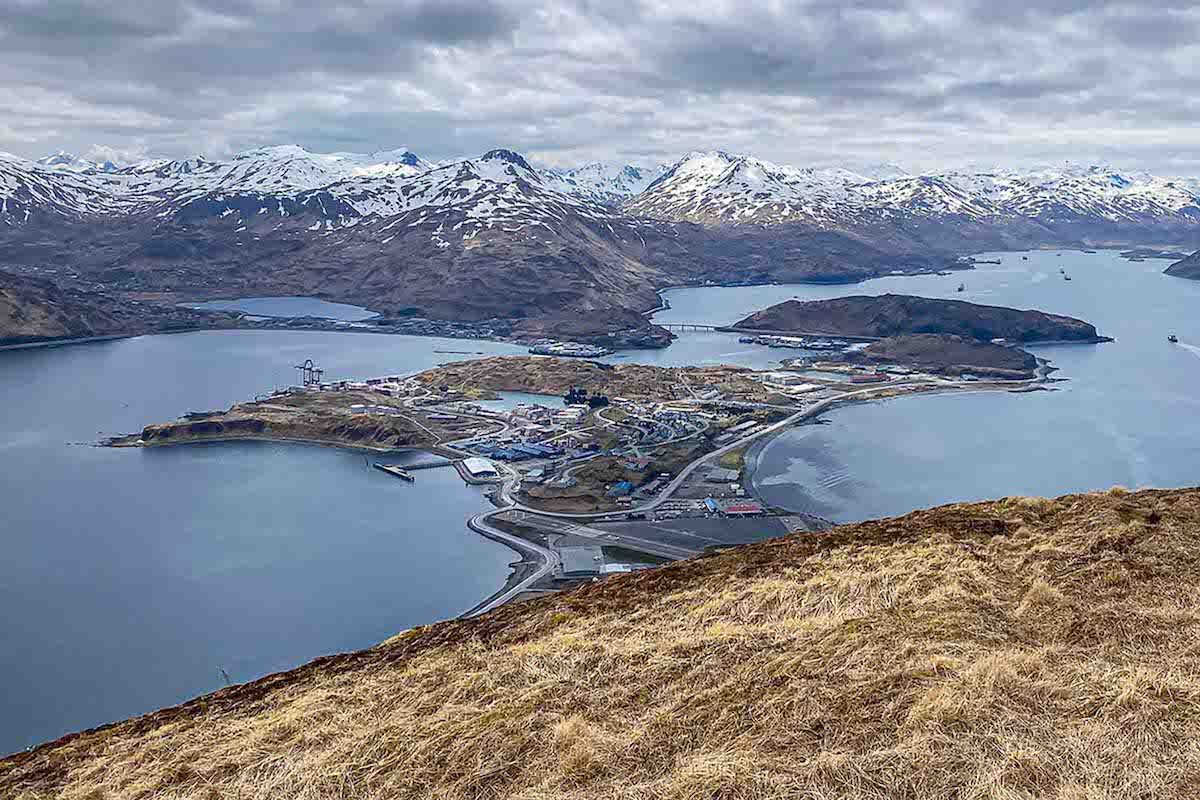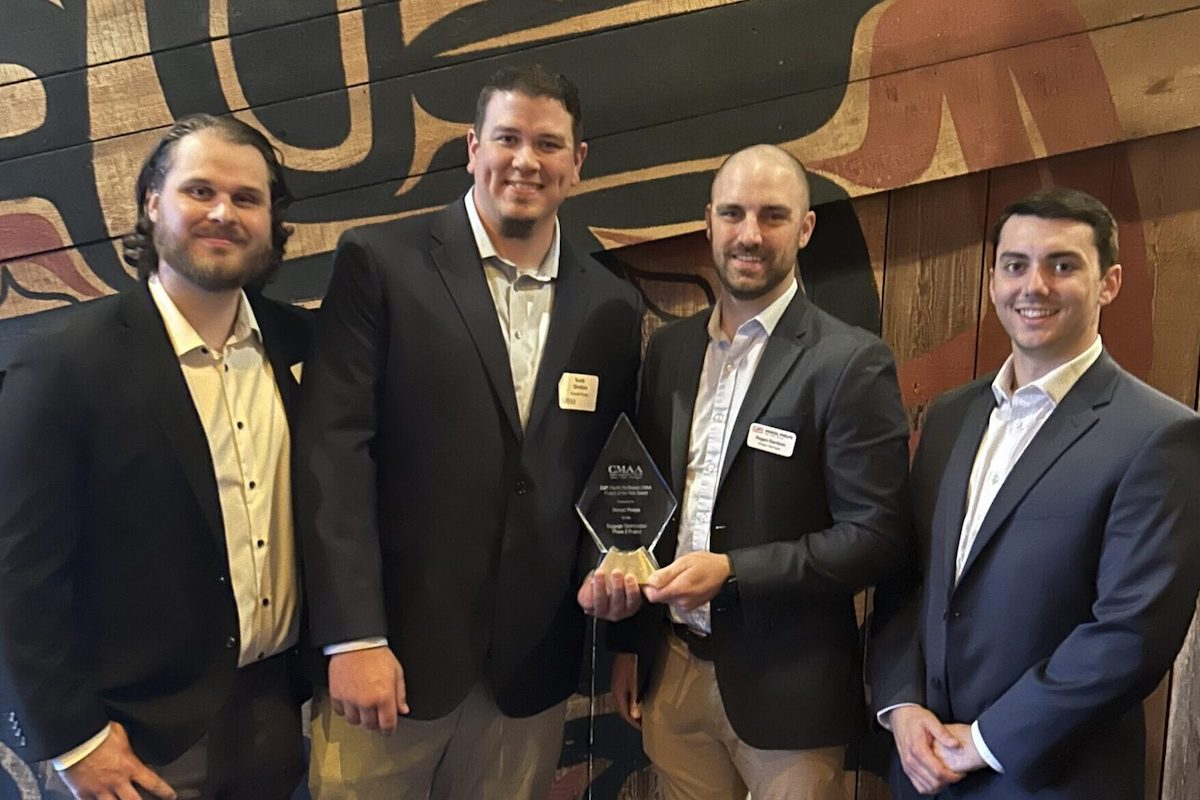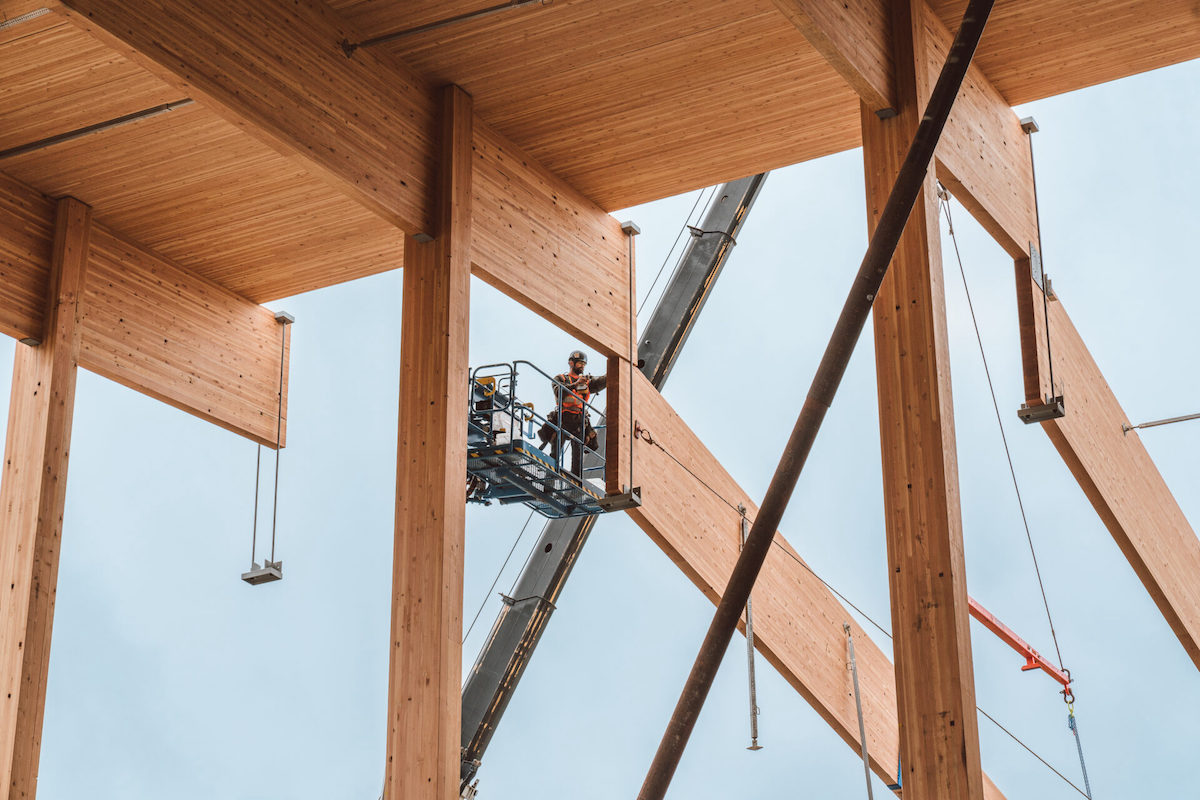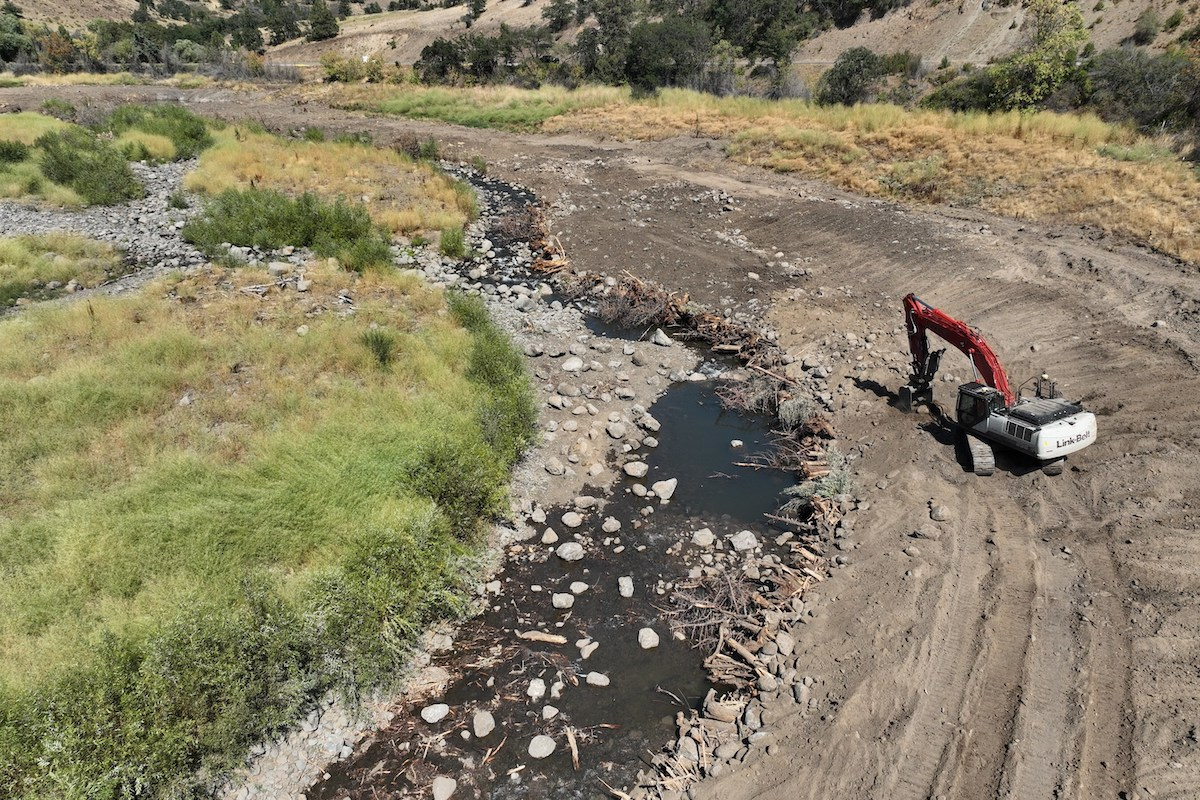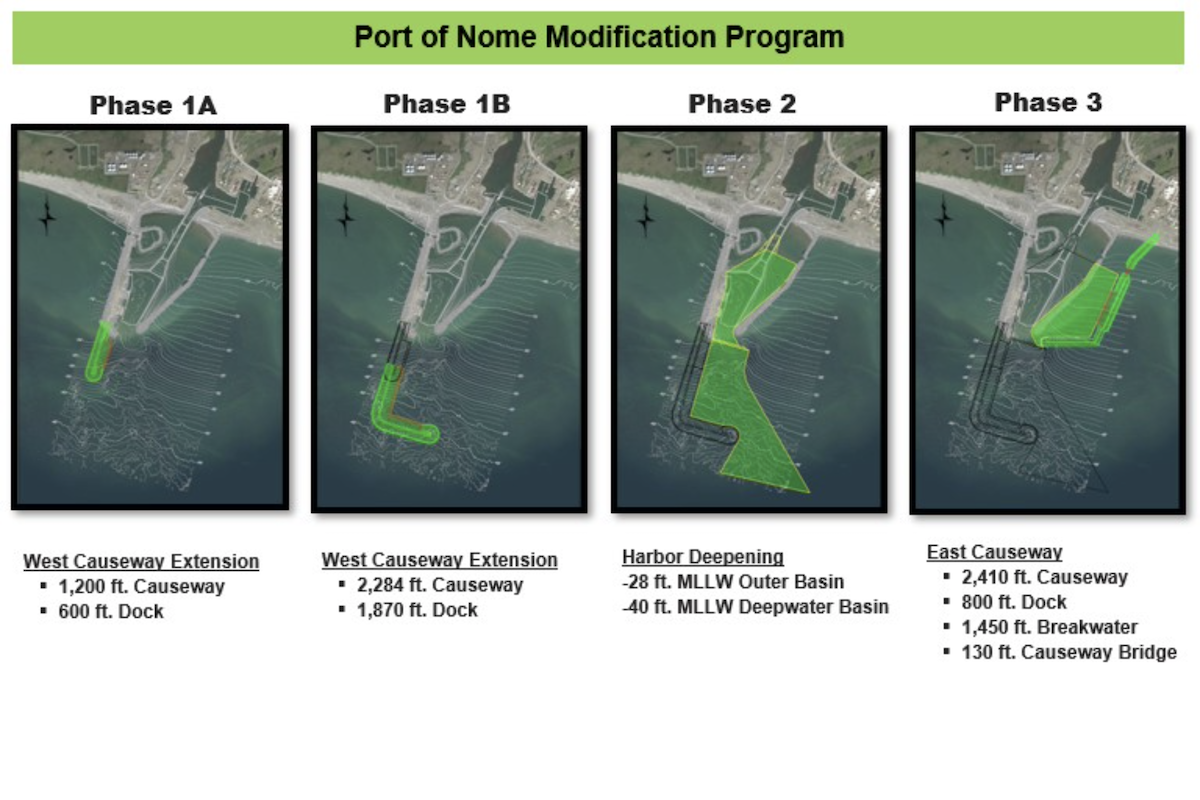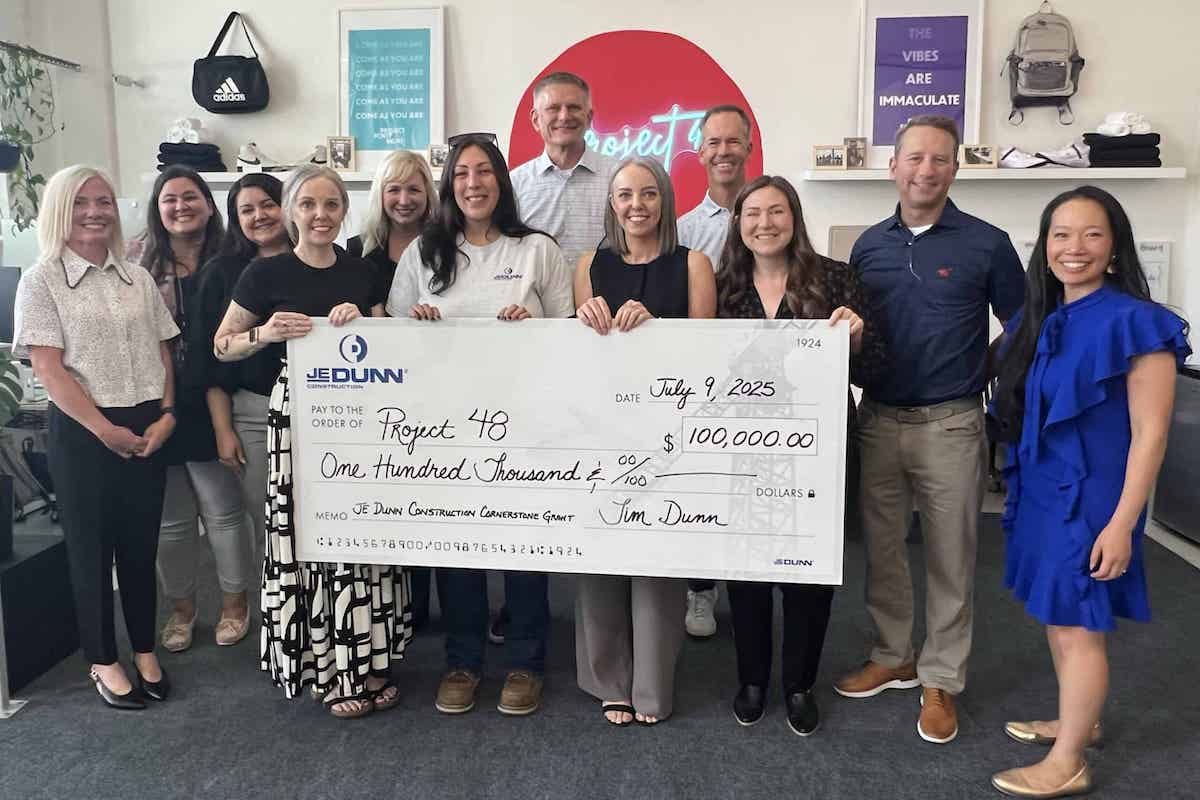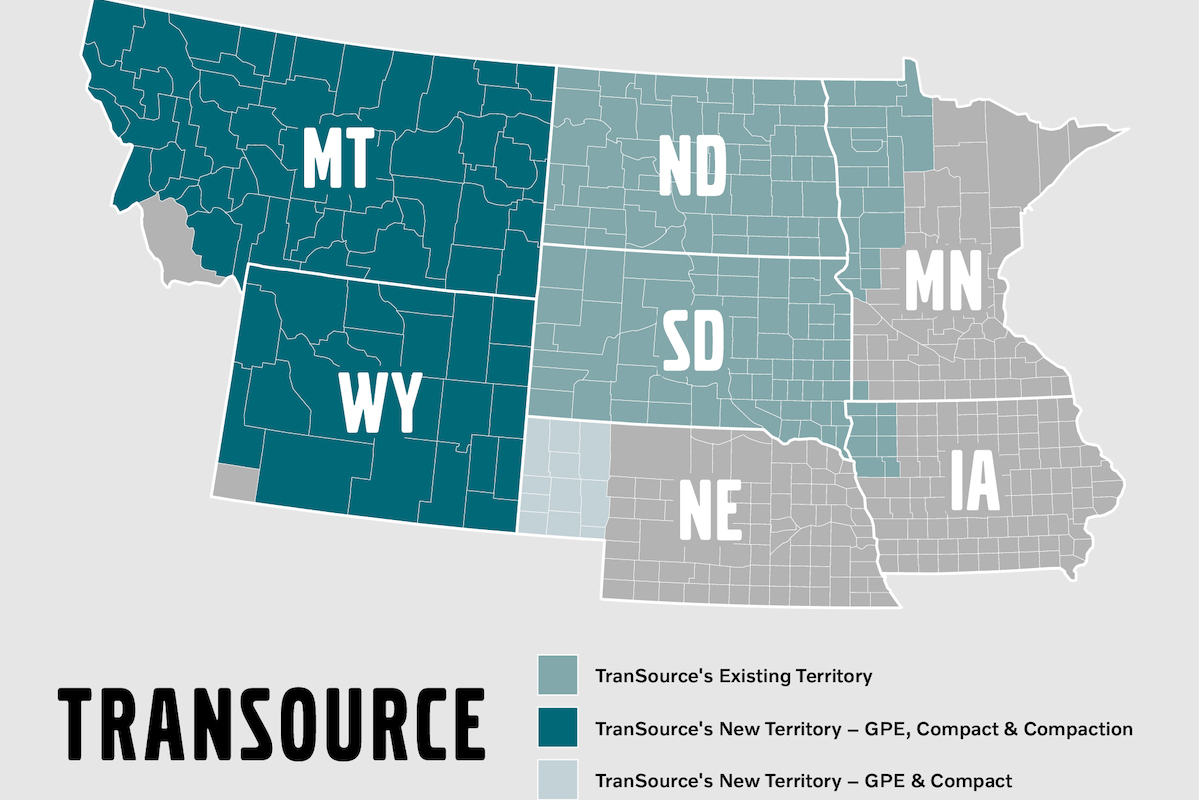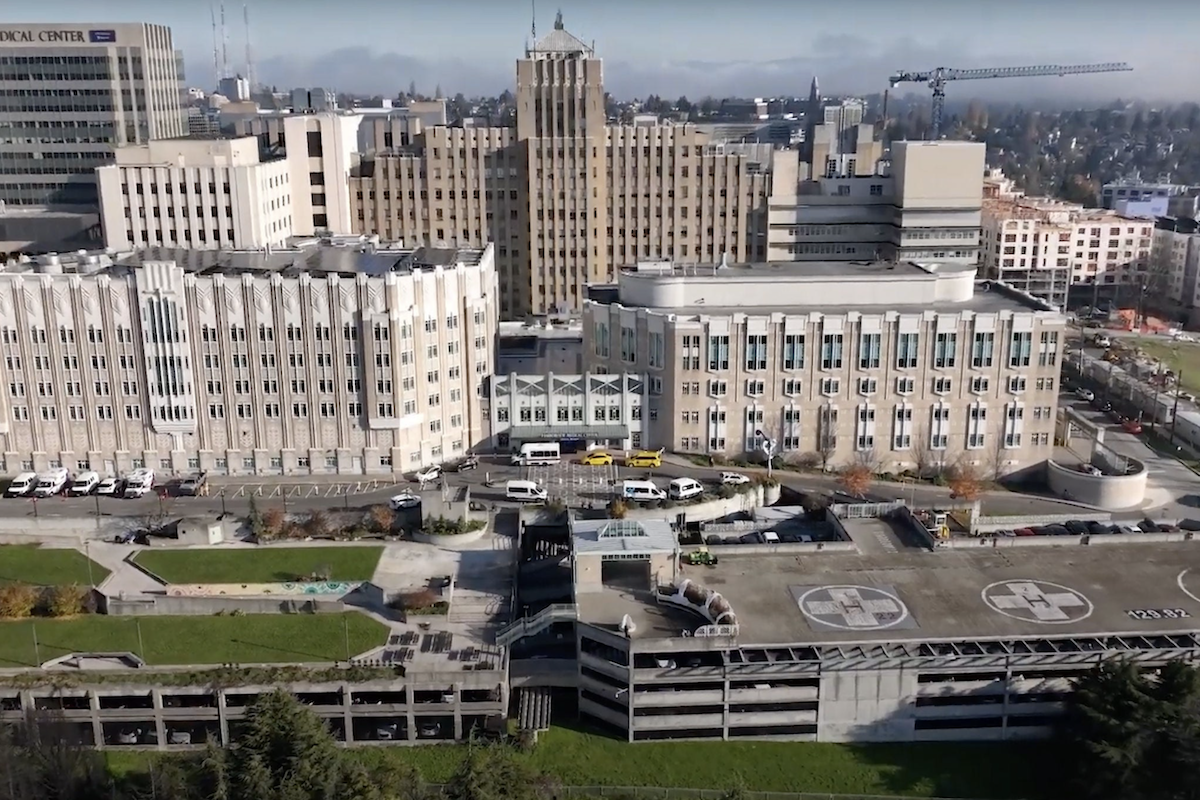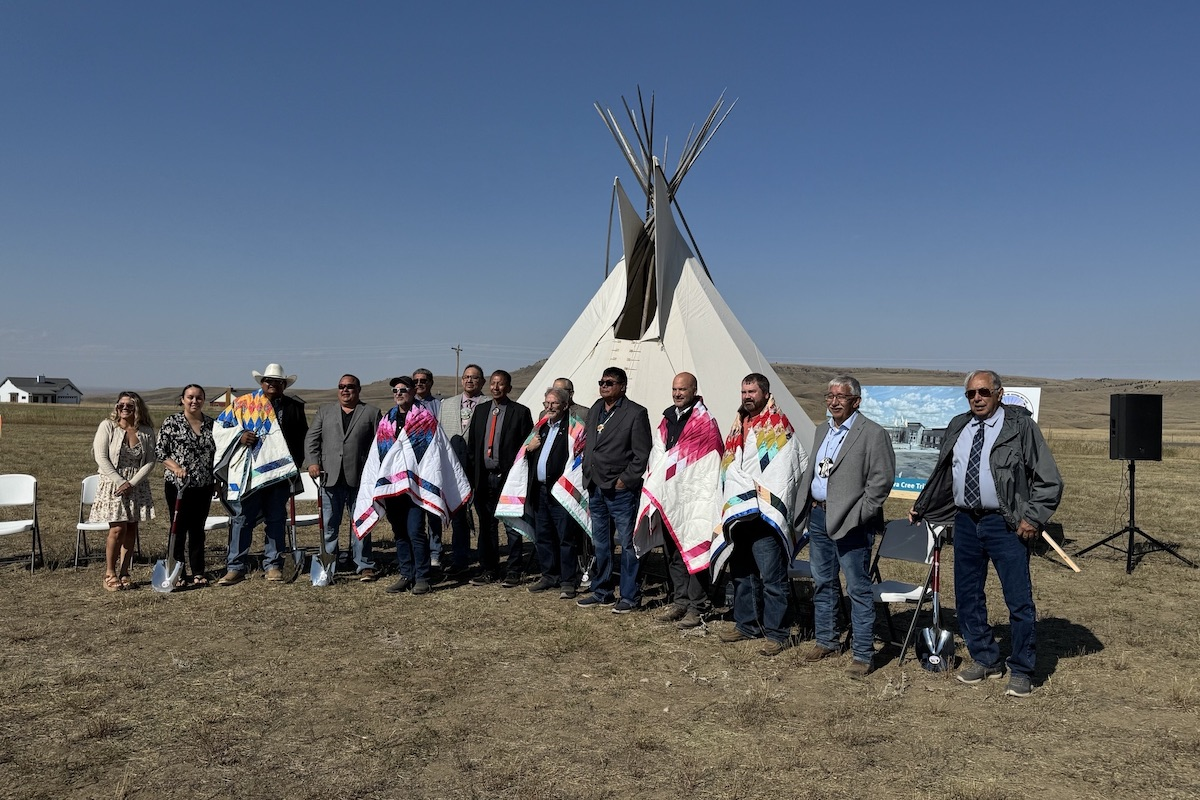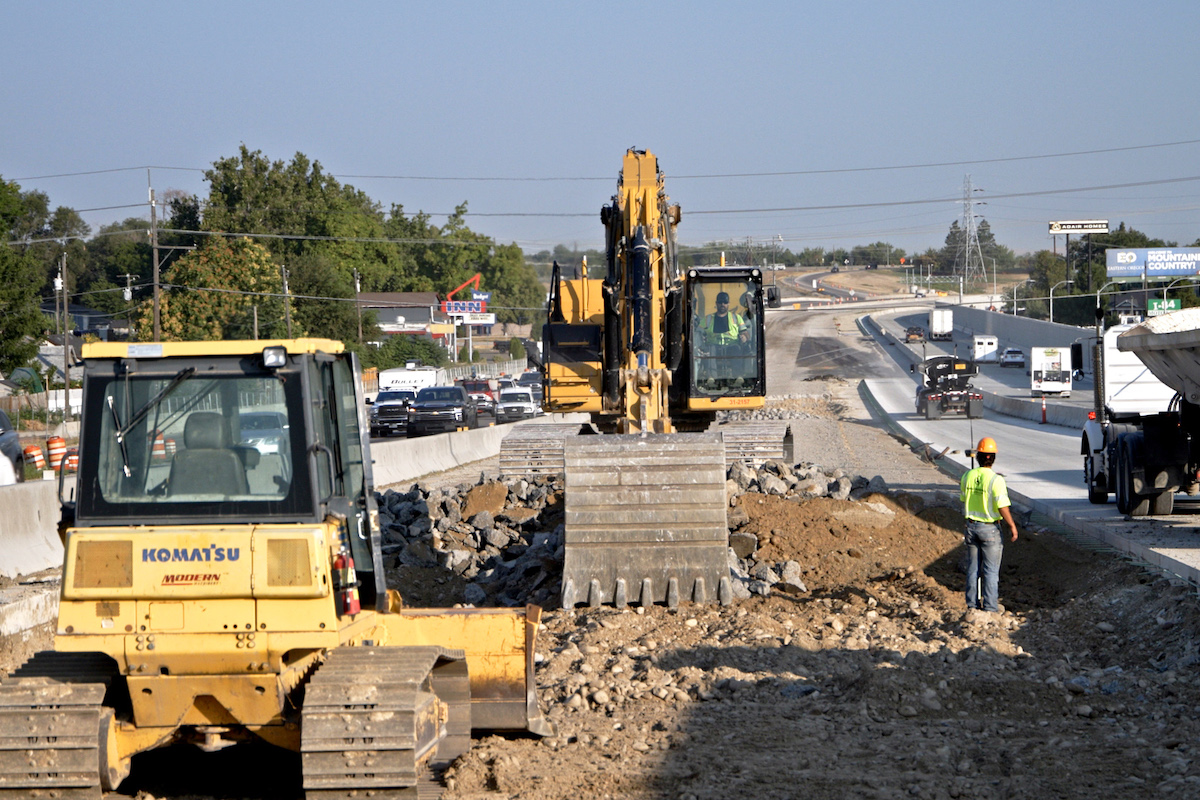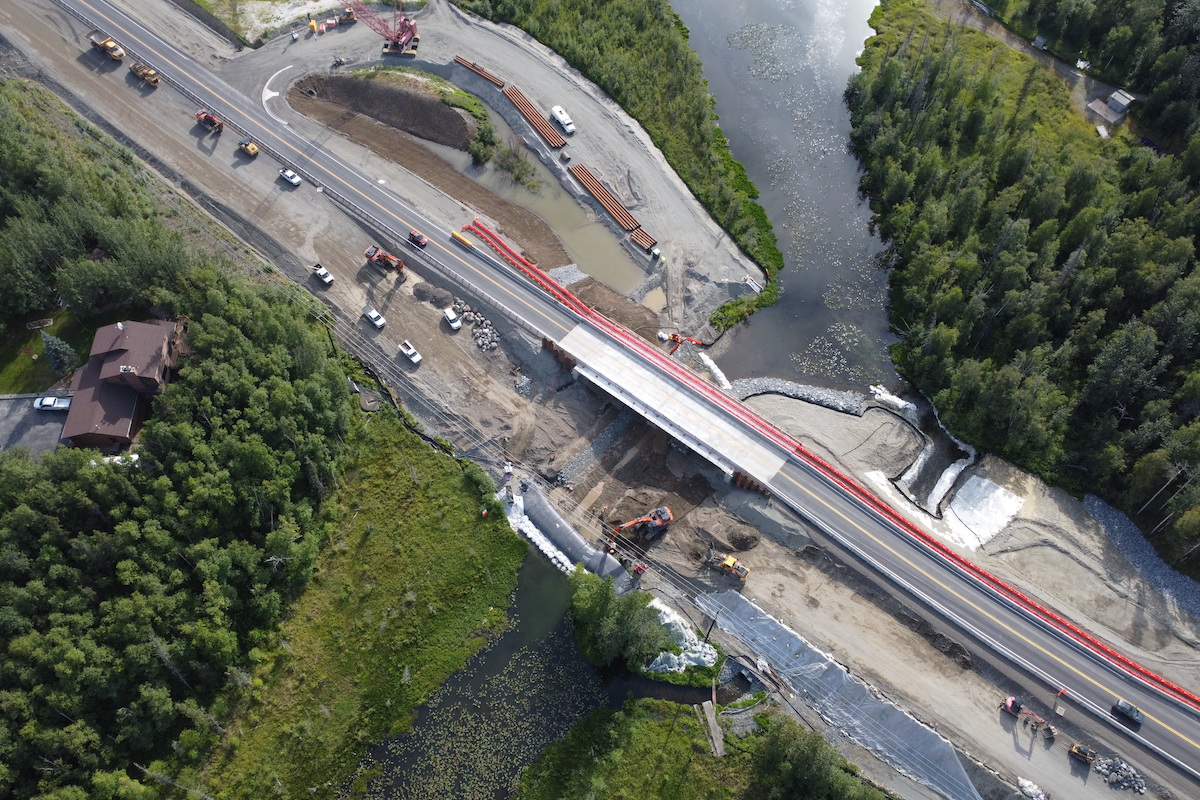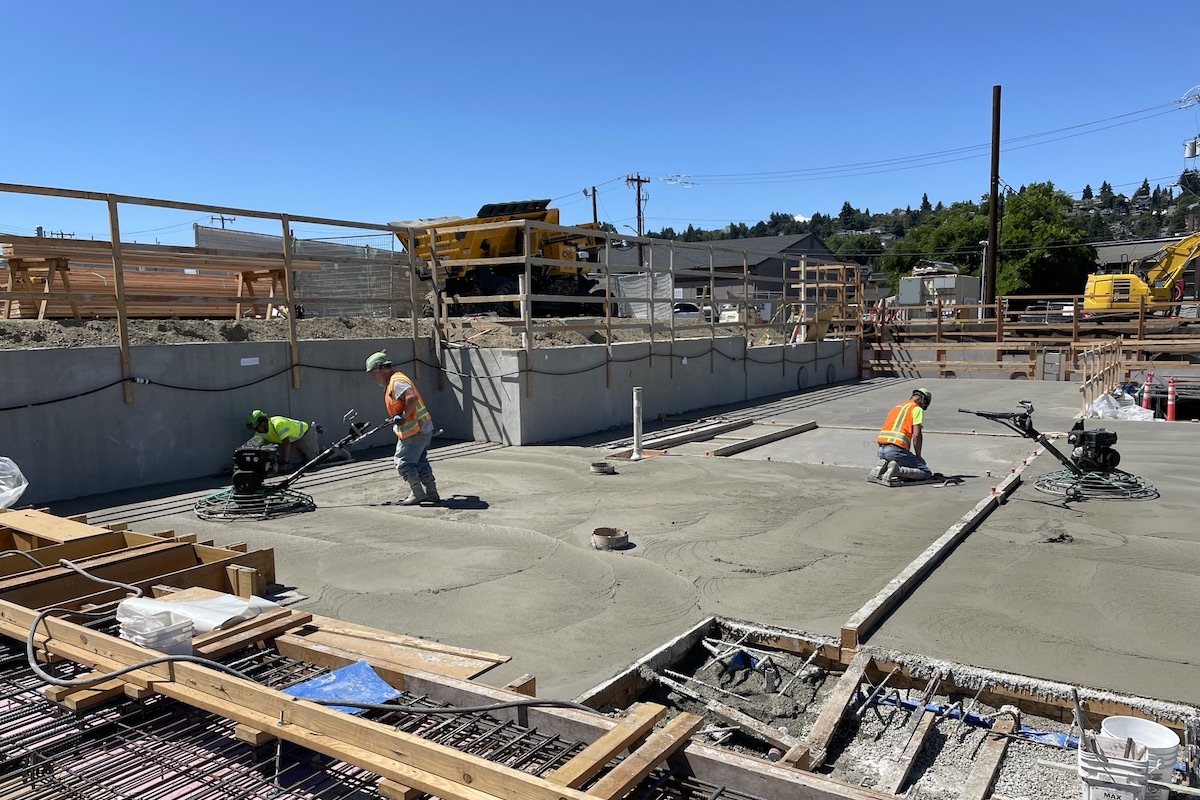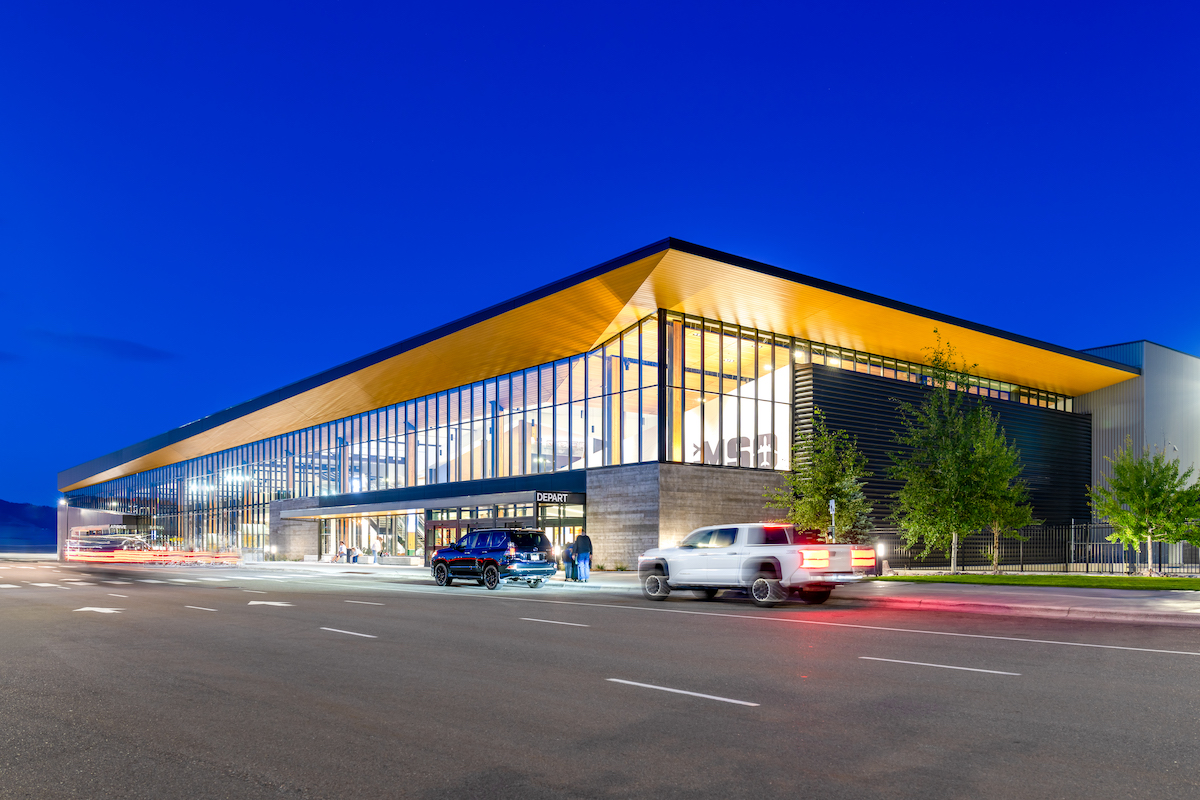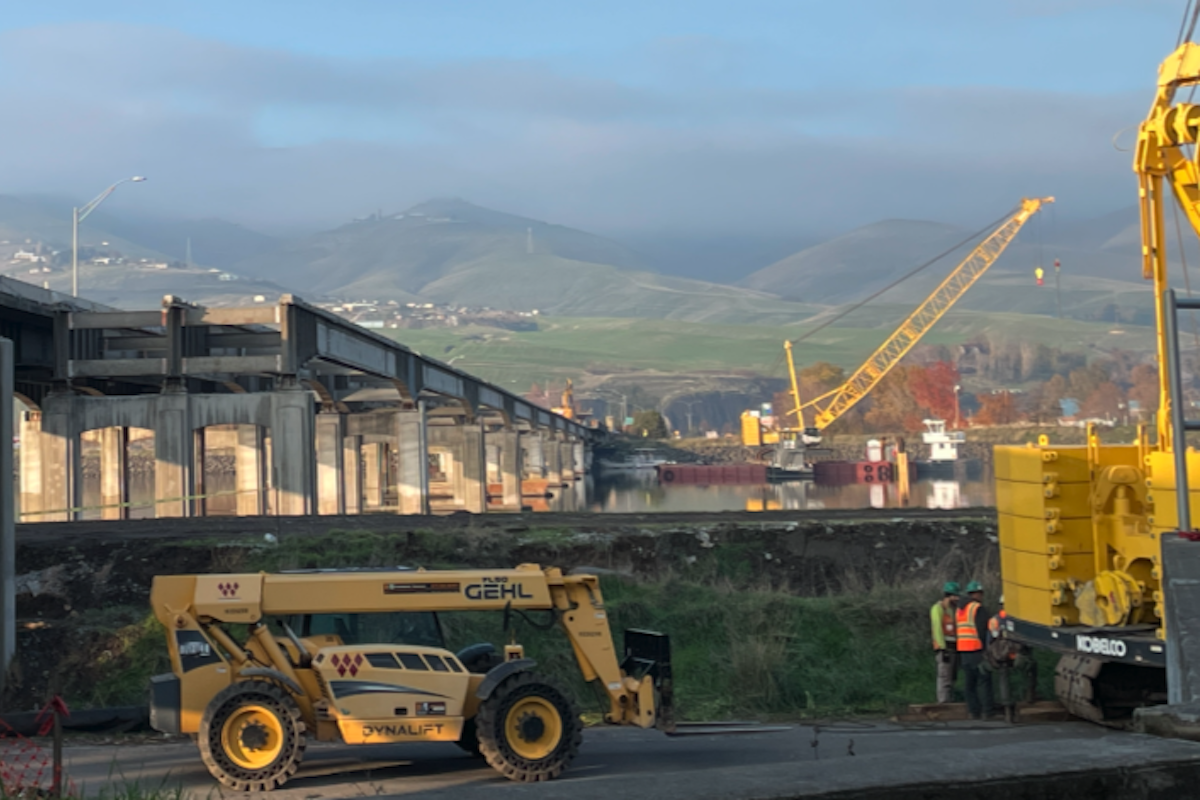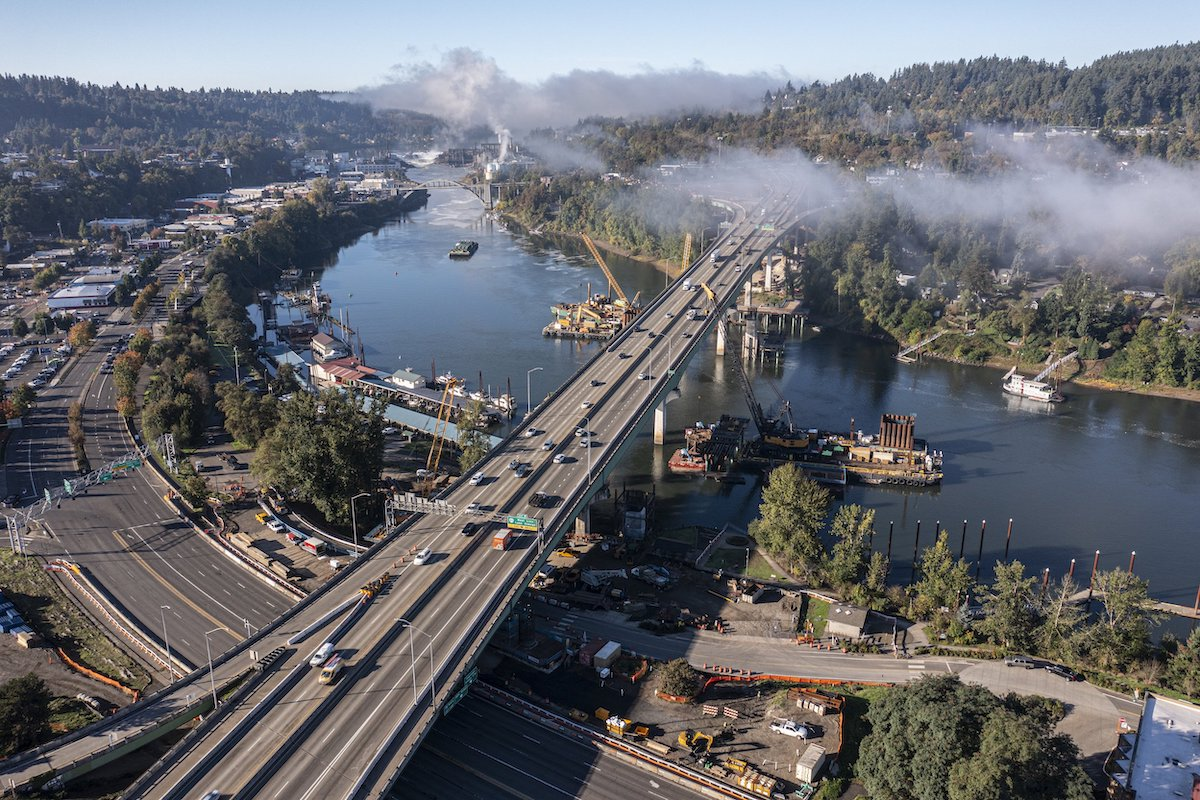The Virginia Department of Transportation (VDOT) is in the middle of a long-term multi-phase project on their state’s portion of Corridor Q. The project is focused on approximately 13 miles of Corridor Q in Virginia that are unopened to traffic. Eight miles are set to open to traffic late 2023 with the remainder still under construction.
Poplar Creek Phase A is focused on a 2.9-mile section of the project. Construction began on this phase of the project in summer 2019 and is expected be complete in the late 2025. The design-build project has a budget of $167 million and Bizzack Construction out of Lexington, Kentucky is serving as the contractor.
Poplar Creek Phase B will see the construction of 1.6 miles of the four-lane highway. Construction began in early 2023 and it is expected to open to traffic in 2027. Bizzack Construction is also leading this design-build project. This phase has a budget of $172 million.
“Moving this amount of material required the team to take a deep look into how to maintain and protect the environment,” says Marty Halloway, a Mega Projects Program Engineer with VDOT. “Our team partnered and developed an environmental charter which resulted in positive environmental reviews by VDOT staff and the Department of Environmental Quality.”

| Your local Superior dealer |
|---|
| Westate Machinery Co |
Project leadership has ensured the team is knowledgeable about procedures and requirements related to environmental control. Without proper oversight, there could be sediment loss from the project site that would impact local waterways.
During Poplar Creek Phase A, the team installed a box culvert beneath a portion of Route 460/121. The culvert is one of the deepest (310-feet maximum cover at its midsection) for a precast box culvert in the nation. The Virginia Transportation Research Council placed sensors in some of the precast box sections to monitor the stresses during the construction fill and during long term operation.
“We did it precast rather than cast-in-place because of the potential climate issues that occur in a valley, as well as to increase production, which reduced time,” Halloway says.
To install the multi-piece, 2,200 linear feet box the team has to raise power lines for which there was no redundant feed. This required significant communication and coordination with local utilities.
As part of Poplar Creek B, the team is installing the second tallest bridge in Virginia. The 1,000 feet long, 215 feet tall bridge will span the Levisa Fork River and a railroad.
Along with Bizzack Construction, other essential team members include:
- AECOM (VDOT Independent Assurance Consultant)
- Bush & Burchett, Inc. (Bridge Subcontractor)
- 3B Consulting (Design)
- Kelly Consulting (Design)
- Jansen Spaans Engineering Inc. (Bridge Design Subconsultant)
- JMT (Design)
Massive projects like Corridor Q are marathons and not sprints. The team has been working on this project together for years, making it even more important they work well together.
“Having clear expectations of employees and how we communicate with another is critical,” Halloway says. “We’re determined to maintain a culture of problem solving and avoid an antagonistic atmosphere.”
This is also important because there have been multiple hurdles the team has had to overcome. A positive work atmosphere has been a key to moving the project forward.
Most of the team’s design decision makers for the complex project are outside of the area, so a lot of the communication between the team takes place virtually. The team uses Bluebeam, among other programs, to see the designers’ comments in real-time and foster communication.
Halloway had great praise for Bizzack. “I can’t emphasize enough their great work on the project.”
Both Poplar Creek phases are on schedule. Halloway is confident that the team will complete them on time. “We’re ahead of schedule now and we completed the earlier phases ahead of schedule as well. Bizzack completes significant volumes of work every day.”
Corridor Q is being financed by the federal government and state government with the standard 80/20 funding. The state funding is being drawn from various funding sources, including ARC funding, bond sales, and other tax revenues.
The project is on budget. In fact, the team has been able to secure more funding and is adding to the scope. Sections of the highway will vary in width with between two lanes, two lanes and a separate truck climbing lane, and four lanes. The extra funding has led to a greater part of the highway being four lanes.
When the Corridor Q project is complete, it will provide safe, modern, and efficient highway access to people in the area. It will also open the area to more tourism and other economic opportunities as it provides important links to a broader network of highways that promotes trade and job growth within the multi-state Appalachian region and the nation as a whole.





















